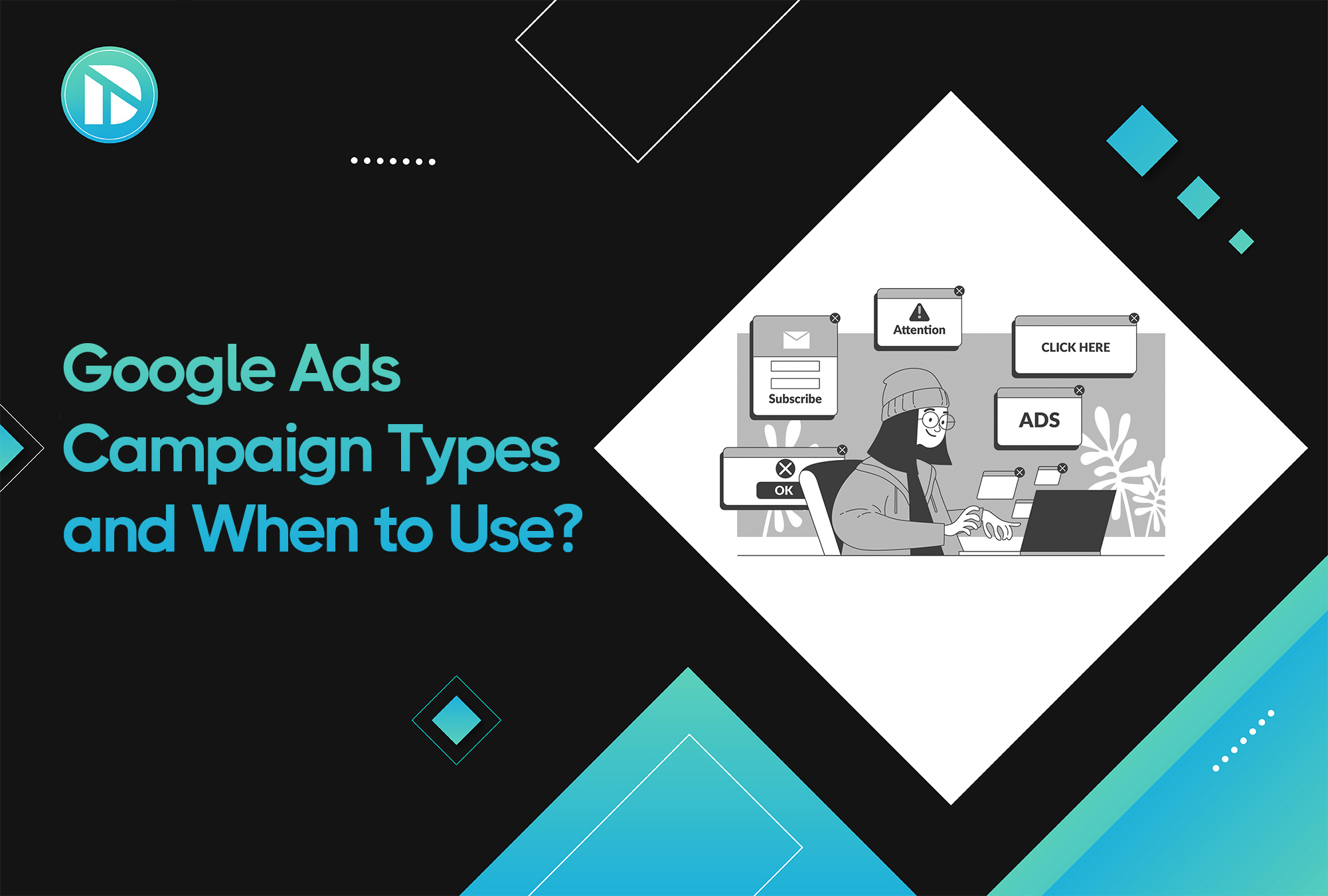Finally, thinking of starting your e-commerce store? With the global e-commerce market skyrocketing to reach a staggering $5.8 trillion, there couldn't be a better time.
However, whether you are an established enterprise looking to start your eCommerce journey, or a small business owner, choosing between WooCommerce and Shopify is not an easy feat.
Despite their widespread popularity, both platforms have significant differences that could play a crucial role in the selection process.
In this article, we will explore, dissect, and compare the fundamentals of an eCommerce platform, to help you discern the best eCommerce platform for your business that aligns with your eCommerce aspirations the most.
The Fundamentals of an Ecommerce Platform
When looking for the best eCommerce platforms in the market, there are a range of critical factors to keep in mind. These factors would be your guiding light in the decision: is WooCommerce better than Shopify or vice versa?

- Budget: It all starts with the initial investment you would need to run a fully operational eCommerce store.
- User Experience: Everyone should be able to use the platform, even beginners with no website management or eCommerce experience.
- Maintenance: To keep your store up and running, the platform should offer automatic and hassle-free maintenance solutions.
- Scalability: Your platform needs to adapt to the growth of your business seamlessly.
- Design and Themes: With various designs and themes to choose from, you can create the desired website for your brand image.
- Sales and Marketing: It should have multiple channel selling options and online marketing tools available to aid your growth.
- Integrations: Your business may require you to integrate third-party tools and other services to help you expand your eCommerce store which the platform should support.
- Customer Support: In case of any issues, the platform should offer excellent customer support and assistance.
- Payment Getaways: Multiple options of secure and PCI-compliant methods are also a top priority.
- Security: You and your customer's data should be secure with the platform you choose.
While these are some of the most important considerations for all eCommerce store owners, it is also important to evaluate additional features depending on your need such as SEO, dropshipping, security, inventory, shipping, invoicing, content management system, and more.
Our current goal is an exhaustive WooCommerce vs Shopify comparison meeting the basic requirements. Let's dive into the strengths and weaknesses of each platform to help you choose the most suitable one.
WooCommerce vs Shopify: An Overview
According to a survey, as of July 2024, WordPress is the most popular website builder, used by 43.4% of websites globally.
WooCommerce is a WordPress plugin and what many don't know is that it is the most popular eCommerce platform with 6.6 million users.
It's an open-source eCommerce platfrom that enables you to utilize the most powerful content management system (CMS) to establish and run an online store. Being an open-source platform also allows you to customize and add custom extensions to any aspect of your store.
Shopify, on the other hand, is an all-in-one eCommerce solution where you can create an online store, manage inventory, and accept payments under one roof. Shopify is also the best bet if technical aspects such as managing an eCommerce site, security, caching, and web hosting are not your cup of tea.
The platform is user-friendly for beginners and can be search-optimized from the start. However, one considerable drawback is that since it is a closed platform, it is less customizable than WooCommerce.
So, you'd ask, "Is Shopify worth it for a small business?" The decision depends on your skill levels and needs. Since these are not the only factors to consider, we will get into the nitty-gritty of both platforms to help you pick the best option for your business.
Side-by-Side Comparison of WooCommerce and Shopify
Are you ready to comprehensively understand the two leading e-commerce platforms side-by-side? Ahead is an in-depth comparison to help you understand both Shopify vs WooCommerce pros and cons.
We aim to provide you with essential knowledge to help you choose a platform that manages your eCommerce operations, efficiently.
1. Pricing
Let's begin with a true cost comparison of WooCommerce vs Shopify. One of the following two options is more affordable but requires a learning curve. While the other requires a bit of capital, but is easy to set up and operate.
To further elaborate, both WooCommerce and Shopify have distinct pricing structures.
Shopify comes with a tiered pricing model that starts from $25/month to $399/month. Quite a steep jump, isn't it? Plus, with additional costs of transaction fees, application fees, and template costs, the total cost can reach about $450 a month.
Shopify offers a three-day free trial and charges you only $1 per month for the first three months.
WooCommerce, on the other hand, is a free WordPress plugin. However, you may be required to pay for domain name, hosting, SSL certification, and transaction fee.
You can also purchase enterprise-level plans from WooCommerce if you can afford them for superior services, as they offer more control and customization options.
2. User-Experience
Shopify reviews for small businesses give it a 4 out of 5 rating for its user-friendly interface which makes it a strong contender.
If you are looking for a more streamlined solution to creating your online store, Shopify has a simple and intuitive drag-and-drop interface that helps business owners focus on more essential tasks such as order processing and customer feedback.
WooCommerce, conversely, offers incredible flexibility to customize, thanks to its access to a whopping 59,000+ WordPress plugins. If you are less familiar with WordPress-powered websites, you also get access to a guided setup wizard.
Ultimately, it depends on your business needs. If simplicity is your priority, you can benefit from both platforms. If you are a start-up looking to do a quick launch, you will benefit more from Shopify’s resources.
Alternatively, WooCommerce is best suited if you are a DIY enthusiast, looking to create something unique and open to leveraging the power of an open-source framework.
3. Maintenance
How much maintenance a store requires is one of the most important aspects of choosing your next eCommerce platform. It all boils down to how much time and resources you have on hand.
If you are using Shopify for small business, then the technical aspect of maintenance is taken care of and you can focus on other tasks.
Being a hosted platform, Shopify is a low-maintenance e-commerce platform with automatic updates, 24/7 customer support, and security features. It makes your work manageable and stress-free, making it an excellent choice.
WooCommerce for small businesses, however, would have an entirely different approach. It requires you to be responsible for the technical aspect of the store's technical aspects.
While you can add plugins for backup, security, maintenance, etc., it would be more time-consuming in comparison.
4. Scalability
If you want your business to grow, you need to pick a platform to grow with it. Both platforms offer scalability solutions.
Shopify, as mentioned before, offers tiered packages and provides worry-free, automated scaling processes. You can start from the basic package, and upgrade your package as your business grows.
A standout feature of this platform is Shopify Plus, an enterprise e-commerce software system specially designed for high-growth merchants and brands who have high levels of annual revenue. So, from the start till the boom of your ecommerce store, Shopify has you covered.
WooCommerce, on the flip side, offers versatile scalability. You have complete control over your WordPress site, though hosting costs may increase as your business grows.
However, this allows you to manage resources efficiently, by investing only in essential elements that your business needs.
5. Design and Themes
While both platforms come with a vast range of free and paid themes, Shopify’s templates are more minimalistic, sleek, and polished. As an eCommerce platform, it excels in the availability of design and themes. You can also get additional flexibility through code.
How cool is that?
Moving on, WooCommerce comes with multiple theme options, although they might not be as clean as Shopify’s.
WooCommerce allows you to create designs from scratch, or customize existing designs and you get a lot of freedom when it comes to using your creativity.
6. Sales and Marketing
So, is Shopify good for small business sales and marketing, or is WooCommerce? Both platforms offer incredible multichannel selling solutions and marketing tools.
With Shopify, you can easily integrate with the following platforms at no additional cost:
- Etsy
- Google Shopping Ads
- TikTok
- Amazon
- eBay
On the other hand, WooCommerce has additional charges for platforms like eBay and Amazon while offering free plugin for advertising on Facebook — a feature that Shopify’s set does not offer.
Shopify’s comprehensive sales and marketing tools offer more value. However, if you are willing to invest in more customizable and cost-friendly plugins, you can go for WooCommerce.
7. Integrations
To increase the functionality of your eCommerce platform or website, you would need booking tools, shipping solutions, integrated tax, subscription services, and more. You can choose 1200 rigorously vetted apps from the Shopify app store.
These apps are not only reliable but also effective in enhancing user experience and store functionality.
On the flip side, while you can use over 59,000 plugins with WooCommerce – in conjunction with WordPress – you would have to check the quality and sustainability of these plugins yourself (as it may vary) and make a careful selection for your business's overall needs.
So, would you prefer high-quality apps or sheer quantity over quality?
8. Customer Support
Both Shopify and WooCommerce offer immense customer support to their users.
You can reach out to Shopify’s customer service 24/7 via live chat, email, and phone. Their team of experts is always available to provide technical advice on aspects such as sales processes and marketing strategies.
On the other hand, WooCommerce has a vast array of self-help resources available. You can find an extensive knowledge base on their official website that includes videos, tutorial materials, and blogs. You would also find forums discussing practical solutions when needed.
In conclusion, Shopify offers one-on-one help, making it great for those who prefer personalized support. On the other hand, WooCommerce is a good choice for those who prefer self-learning."
9. Payment Getaways
As an online business, having a secure form of payment to facilitate transactions is crucial. The platform you choose must offer multiple payment getaways so your business can cater to various customer preferences.
First, let's break down Shopify’s payment solutions:
- Its native payment method is Shopify payments, powered by Stripe which supports most major third-party payment gateways.
- A fee of up to 2% would be imposed per transaction for third-party Getaways.
- Shopify payments levy credit card fees; however these payments are exempted from other transaction charges.
- Easy integrations are available with Amazon Pay, Alipay, authorize.net Square, and more.
- For the basic plan credit card rates start from 2.9% + $.30 and go down with advance plans.
Now, let's explore WooCommerce payment solutions:
- The default payment solution is Stripe payments and PayPal. WooCommerce Payment method powered by Stripe is also available.
- Payment Getaways is compatible with most payment providers.
- WooCommerce typically charges a fee of 2.9% + $0.30 per transaction (varies by gateway).
- Easy integrations are available with Amazon Pay, Alipay, authorize.net Square, and more.
- You can get support through various add-ons for regional and less popular payment services through various add-ons.
10. Security
Last but not least, we could not move ahead without discussing a paramount concern for any online business — security. Both platforms, WooCommerce vs Shopify have implemented extreme measures to protect the data of your store and customers.
Shopify includes an SSL certificate and complies with PCI-DSS regulations, ensuring secure handling of customers’ credit card information. The platform also has a 2-factor authentication (2FA) feature for enhance security.
On the other hand, WooCommerce relies on the security of the chosen hosting provider, which often includes SSL and PCI-DSS compliance. A variety of WordPress security plugins can enhance WooCommerce security further.
In short, both Shopify and WooCommerce provide secure e-commerce environments. However, Shopify is a more secure platform as it’s self-hosted and offers native 2FA amongst other security features. For WooCommerce, you need to rely on external plugins to make your website secure.
FAQs about WooCommerce and Shopify Ecommerce Solutions
1. Do Shopify and WooCommerce offer dropshipping solutions?
Yes, both Shopify and WooCommerce are strong choices for dropshipping. Shopify offers straightforward sales tools and integrations with apps like Importify and Printify. Meanwhile, WooCommerce, using plugins, offers flexibility and customization.
2. Which is better for SEO: Shopify or WooCommerce?
Both platforms excel in SEO. Shopify has SEO tools directly integrated into the platform, and WooCommerce offers numerous plugins, like Yoast, for search optimization at no extra cost. You can choose based on ease of use.
3. Are there any hidden costs associated with using Shopify or WooCommerce?
With Shopify, you will incur transaction fees ranging from 0.5% to 2% depending on your plan.
WooCommerce does not charge built-in transaction fees, but you’ll need to account for the costs of payment gateways, which typically charge around 2.9% + $0.30 per transaction.
Both platforms may have extra costs for premium themes, extensions, or apps, and WooCommerce users should be prepared for potential expenses related to hosting, security, and maintenance.
WooCommerce vs. Shopify: The Bottom Line
To transition smoothly to the eCommerce world, you need to pick a platform that best suits your needs. At the end of the day, it’s up to you to decide based on your business's set of unique requirements.
Shopify is an all-in-one eCommerce platform that offers an easy-to-use interface and gets everything up and running quickly. It offers great personalized support for all its users. These features make it an ideal platform for small, medium, and even large-sized ecommerce stores.
On the other hand, WooCommerce is best if you want to take more control of your eCommerce business and have time to focus on all the little details. It can be scaled up enormously and is highly adaptable.
We hope this article answered all your questions about Shopify vs. WooCommerce and helped you move closer to choosing the best platform for your business.
If you're ready to take the next step and build a powerful, customized ecommerce store, look no further than DIGITORM. As a top ecommerce development agency, we specialize in creating tailored solutions that drive results.
Our team of experts will work with you to design and develop an ecommerce platform that meets your unique needs, ensuring a seamless experience from start to finish.
Contact us today to transform your ecommerce vision into reality!
.png)








.webp)
